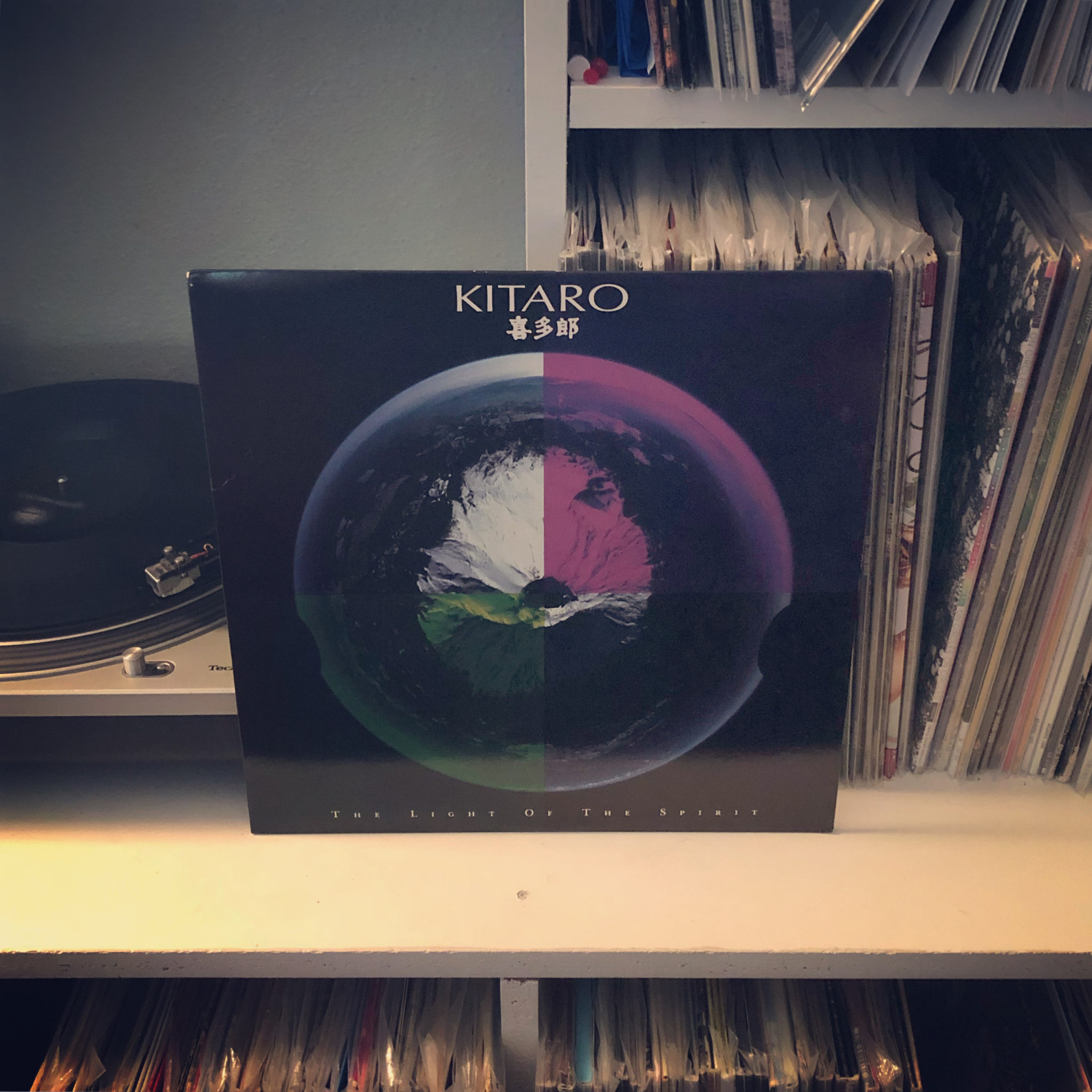
Every once in a while, the general music-listening public collectively latches onto an esoteric trend and gets super into it for awhile.
In the ’60s, it was Indian raga, such as Ali Akbar Khan. In the ’70s, it was jazz fusion like Miles Davis, his large cohort of collaborators, and their imitators.
Then in the 80s, there came New Age. And while it’s easy to dismiss new age as uninspired, atmospheric, pseudo-spiritualism that went on to become the soundtrack of wannabe yogis and crystal-filled wellness spas forever, Kitaro is another story.
From a clinical standpoint, I should love new age. The sonic crossover with more ambient post rock (see: Hammock) and Krautrock bands like Tangerine Dream is pretty massive. However, so much of new age just seems so plasticine and anemic, causing me to ignore the genre for much of my life.
But last month, a friend gave me several boxes of records, wherein I found several records by Japanese new age artist Kitaro, and after some sampling, decided to keep only this one. While there’s still shades of the cheesy pastiche that pushed me away from new age for so long, there’s also a healthy dose of passion, due both to Kitaro’s borrowing of Japanese folk music and rock and roll bombast courtesy of producer Mickey Hart (yes, Grateful Dead drummer Mickey Hart).
When those two elements combine, as in “Sundance,” which combines Asian percussion, synthesizers, an orchestra, and a wailing lead guitar, it has some truly epic results. Similarly, opener “Mysterious Encounter” lacks the same martial energy, but is foreboding and wonderful.
But occasionally, the cheese gets the better of it. The title track features a guest vocalist that aims for “The Great Gig In the Sky” and lands closer to “terrible anime soundtrack.” Luckily, the rest of the tracks are much better, feeling more like a great anime soundtrack (seriously—some moments are very Hayao Miyazaki).
What’s truly remarkable about this though is that for all of its obscurity and effervescence, this was released on a major label. Geffen, to be precise—the same company that sued John Fogerty (for plagiarizing himself) and Neil Young (for producing “uncharacteristic work”). And while it may not aim for the mainstream at all, that major label budget is likely what allowed for its more successful moments. After all, you can’t pay for an orchestra with a home studio budget.
In all, this record is enjoyable more often than it isn’t, and at times manages to be truly inspiring.